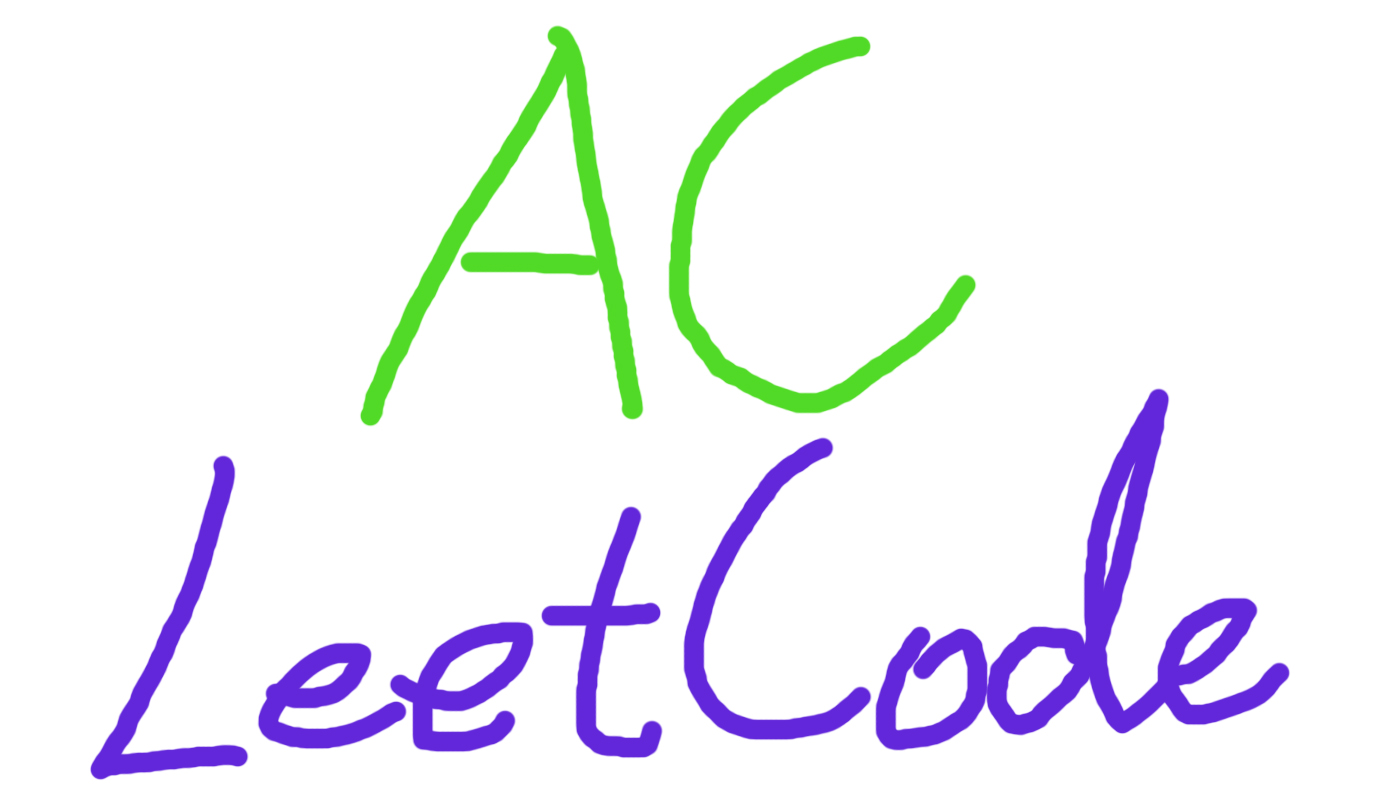
Description
Implement the following operations of a stack using queues.
- push(x) — Push element x onto stack.
- pop() — Removes the element on top of the stack.
- top() — Get the top element.
- empty() — Return whether the stack is empty.
Example
1 | MyStack stack = new MyStack(); |
Notes:
- You must use only standard operations of a queue — which means only push to back, peek/pop from front, size, and is empty operations are valid.
- Depending on your language, queue may not be supported natively. You may simulate a queue by using a list or deque (double-ended queue), as long as you use only standard operations of a queue.
- You may assume that all operations are valid (for example, no pop or top operations will be called on an empty stack).
Solution
1 | class MyStack { |